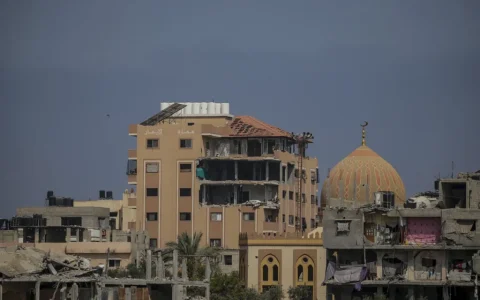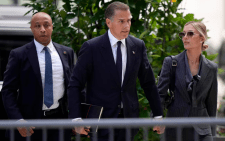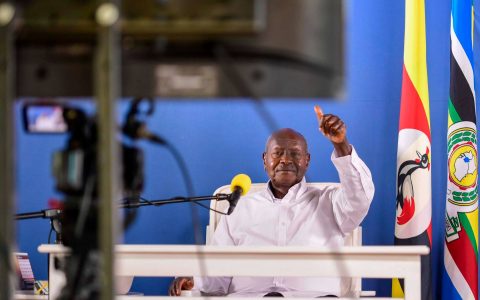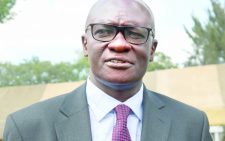What Raisi’s leadership means for Iran, world
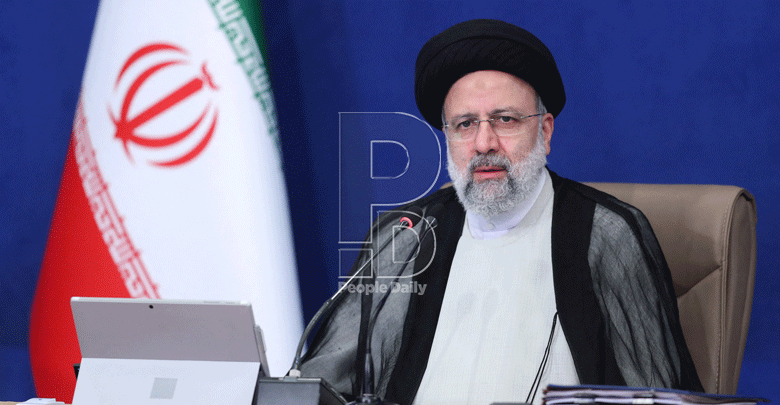
Tehran, Monday
Ebrahim Raisi was sworn in on Thursday as the new president of Iran, a country now standing at a juncture with critical domestic and global challenges ahead.
Talks between Iran and other related parties, which started in April in Vienna to revive the Joint Comprehensive Plan of Action (JCPOA), or the Iran nuclear deal, have been paused awaiting the green light from Iran’s new administration.
Meanwhile, Iran’s economy has suffered the dual impact of US sanctions and the Covid-19 pandemic over the past nearly two years, which have aggravated people’s livelihood.
In his speech after inauguration, Raisi reiterated his vows to lift the country out of economic recession, set in motion diplomacy to remove sanctions, and prioritize expansion of ties with regional states.
His policies bear significance for not only Iran, but also the region and the world at large.
According to Iranian political and economic experts, Raisi should put much emphasis on addressing the durable impact of Covid-19 on the country’s economy and people’s livelihood.
As Iran is suffering from a resurgence of infections, the new government needs to speed up vaccination in any way possible by importing vaccines or prioritizing mass production of domestic vaccines, they stressed.
On Saturday, Raisi set a one-week deadline for health authorities to finalize a plan to deal with the spread and resurgence of Covid-19, official IRNA news agency reported.
Acute water shortages, which have led to recent protests in the southwestern Khuzestan province and other provinces across the country, also require Raisi’s attention.
The issues, if not addressed appropriately, will add to Iran’s security and economic problems.
Moreover, Raisi said in his recent remarks that he should spread justice, fight corruption and discrimination, and try to improve people’s livelihood by removing economic hardships.
“If he (Raisi) forms a technocratic cabinet that looks wisely at the issues and problems of the people, we can hope that the cabinet of the 13th government will move in the direction of solving the problems of the country and the people,” political activist Dariush Qanbari told Iran’s Arman Melli daily Tuesday.
Economic expert Ebrahim Nekoo said Wednesday in an interview with Iran’s Ebtekar daily that apart from dealing with liquidity, rampant inflation, unemployment and budget deficit, Raisi should pay special attention to people’s livelihood, and deal with corruption and a widening wealth gap in the country.
If the talks around the JCPOA in Vienna succeed, Washington will return to the deal and lift its unilateral sanctions on Iran, while Iran will resume its commitments to the deal, the implementation of parts of which it have been gradually stopped in response to US withdrawal from the JCPOA in 2018.
But the prospect of the talks is still dim, as they have been on hiatus since late June amid stalemate between the negotiating parties, waiting for the new Iranian administration to take over the job.
On many occasions, especially after being endorsed by Iran’s Supreme Leader Ayatollah Ali Khamenei as president on Tuesday, Raisi has noted he “will certainly seek to lift the sanctions” on Iran through possible diplomatic means. - Xinhua
